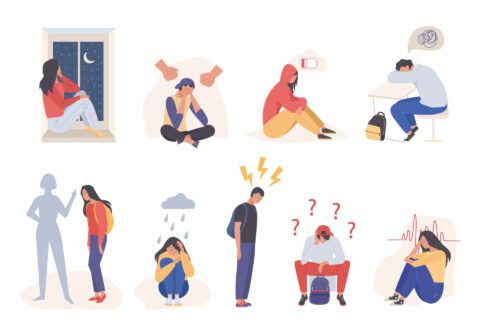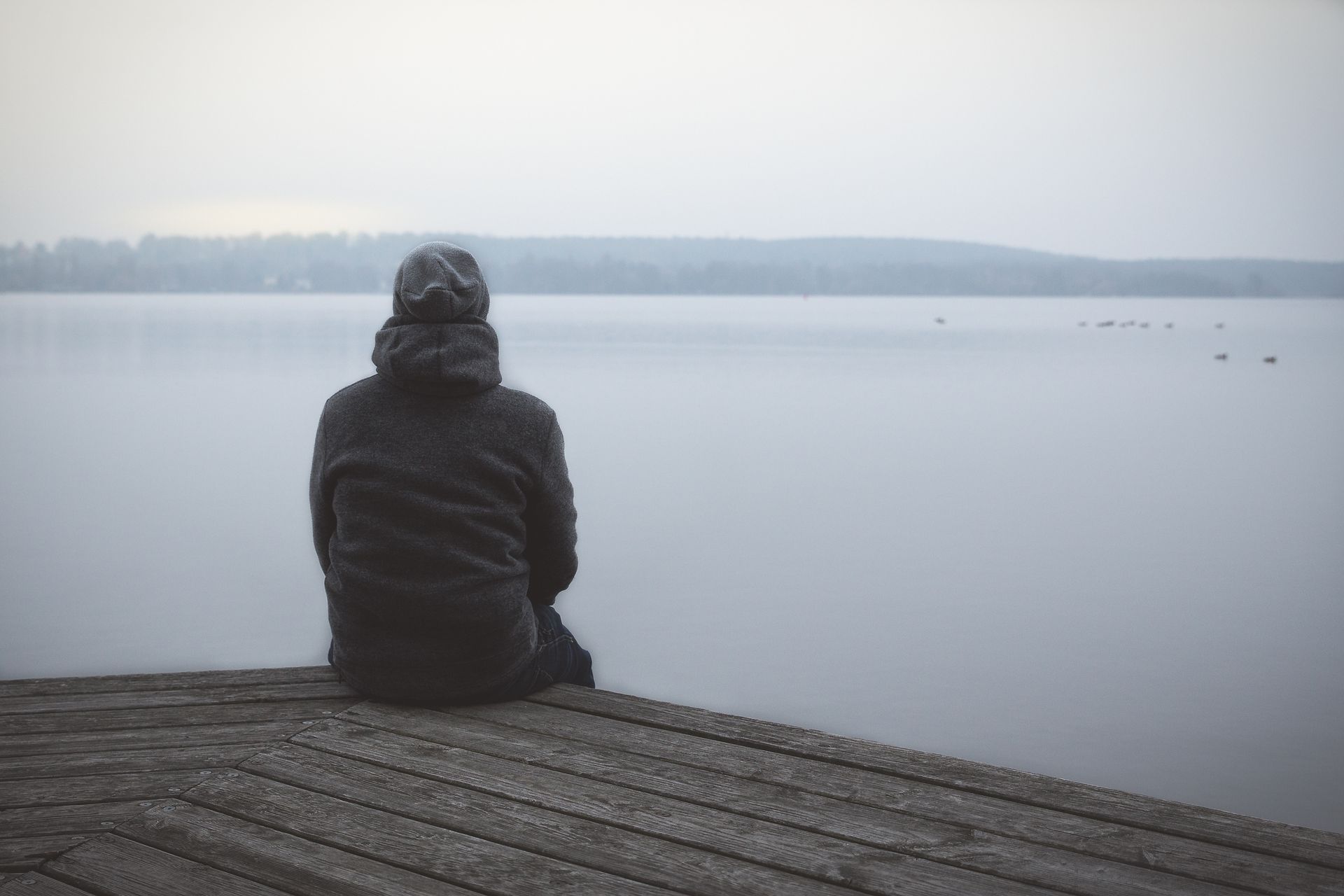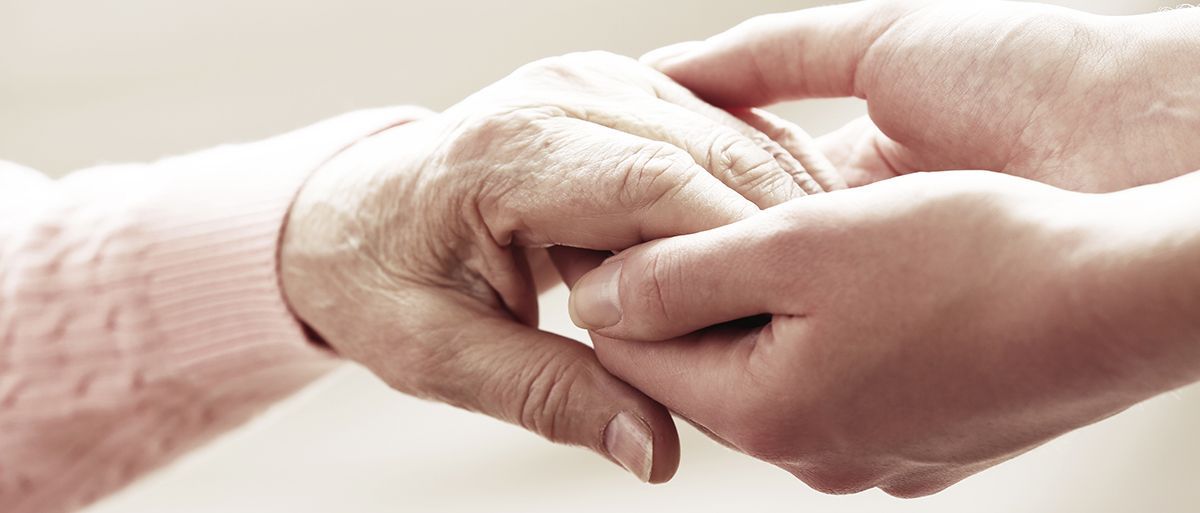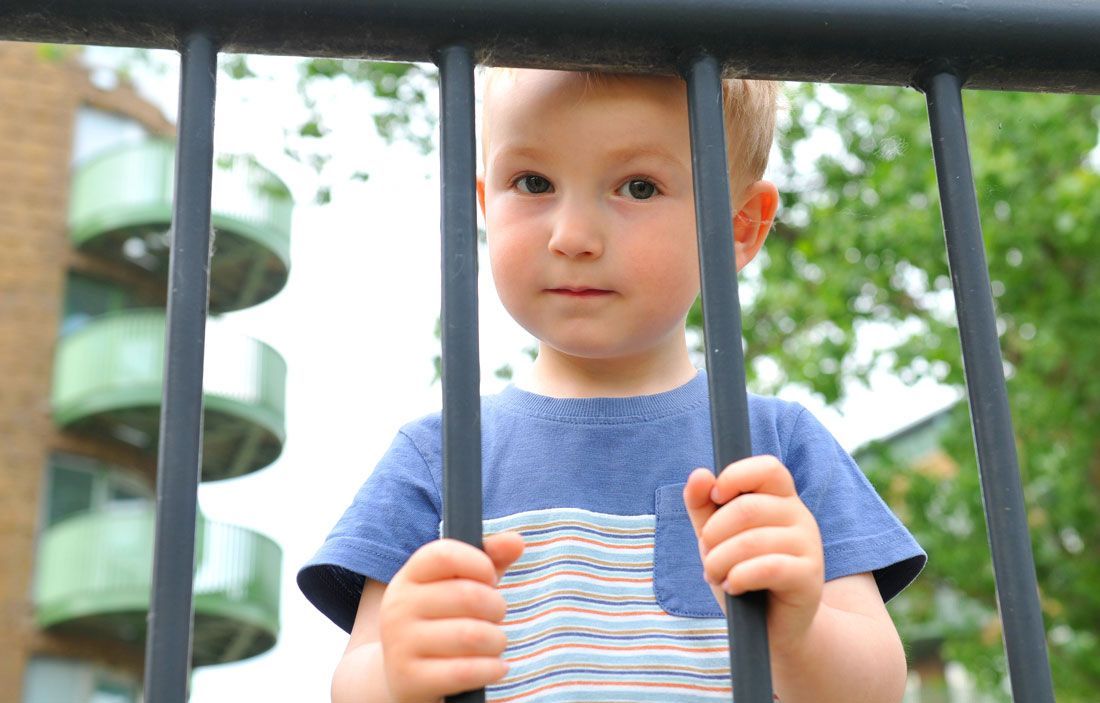Navigating Grief During and After the Covid-19 Pandemic

As a grief therapist, I have seen a lot of people grieving loved ones who died from Covid-19 over the past couple of years. A recent study has shown that people who have experienced the death of a loved one due to Covid-19, have increased mental health issues than a pre-pandemic death (Breen, Lee, and Neimeyer).
There have also been studies identifying that people who lose a loved one by Covid-19 are at higher risk for dysfunctional grief, separation distress, post-traumatic stress, and complicated grief. Of course, not everyone will have complex issues with their grief during this time period, but it is good to keep in mind and watch out for extra complications.
Grief, by its very nature, is a lonely experience. Even when you are able to mourn with others around you, you have a deep loss and that makes you feel even more lonely. During this pandemic, we have also had to be isolated from so many other things – friends, family, colleagues, neighbors, and even just the casual acquaintances we all interact with. This additional isolation has made the loneliness of grief more acute during this time.
There is also the difficulty of processing a continuous stream of bad news. Since early 2020, there has been a great deal of unprecedented situations across the spectrum of our human experience. We often have found ourselves unable to deal with all of the bad news, and if you add grief on top of all that bad news, it can very quickly feel overwhelming.
We, as humans, each have a certain capacity for what we can deal with mentally/emotionally during each day. Let’s say, for the sake of analogy, that each day, we have a bucket that gets filled by emotions or mentally demanding situations. And when that bucket gets filled up it starts to overflow. And that’s when we often feel overwhelmed, upset, or even numb.
Some days our bucket may only reach half full – and we feel able to handle what comes our way. But when you are grieving, it can be like starting each day with the bucket 90% full. You are already dealing with the difficult emotions that grief brings, so when you add in the “normal” life emotions, your bucket starts overflowing pretty quickly.
During this pandemic, many of us already felt like our buckets were overflowing each day – so adding grief on top of that has made many people feel like they are sinking or just don’t know how to cope with all that has come their way.
Of course, the complications that come with grieving during a pandemic does not mean that it is hopeless. There are many resources that you can utilize – doctors, therapists, grief groups (online and in person where allowed), and other avenues of support can all help you through this difficult time. Please feel free to reach out if you feel like you need some extra support with your grief.
Written by Amanda Nelson, Clinical Mental Health Counselor for Memorial Mortuaries and Cemeteries
The post Navigating Grief During and After the Covid-19 Pandemic appeared first on Memorial Mortuaries.












